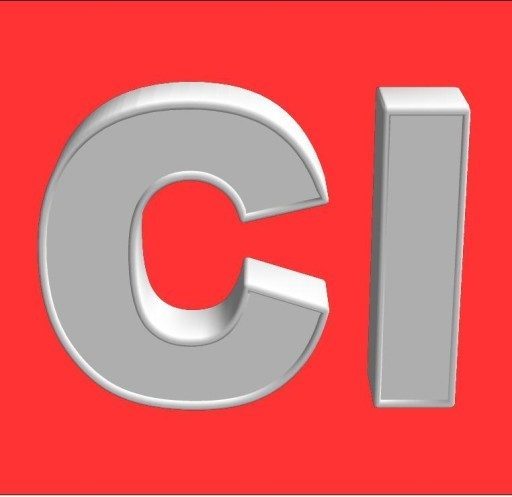១៨ វិច្ឆិកា ២០១៥ – រដ្ឋប្រហាររដ្ឋធម្មនុញ្ញ /
18 November 2015 – A constitutional coup
រដ្ឋប្រហាររដ្ឋធម្មនុញ្ញ
បន្ទាប់ពីទង្វើយ៉ាងយង់ឃ្នងមួយចំនួនថ្មីៗនេះ ពីសំណាក់គណបក្សប្រជាជនកម្ពុជា មកលើគណបក្សសង្គ្រោះជាតិ — ក្នុងនោះមានការចាប់ខ្លួនសមាជិកព្រឹទ្ធសភាលោក ហុង សុខហួរ ដាក់ពន្ធនាគារមកទល់នឹងថ្ងៃនេះ, ការវាយដំយ៉ាងសាហាវមកលើតំណាងរាស្ត្រគណបក្សប្រឆាំង ២ រូបគឺលោក ញ៉យ ចំរើន និងលោក គង់ សភា, ការដកលោក កឹម សុខា ចេញពីតំណែងអនុប្រធានទី១ នៃរដ្ឋសភា — មានទង្វើបន្ថែមទៀតជាចុងក្រោយ គឺការចេញដីកាឲ្យចាប់រូបខ្ញុំ ក្នុងឋានៈខ្ញុំជាប្រធានគណបក្សសង្គ្រោះជាតិ ទោះជាខ្ញុំមានអភ័យឯកសិទ្ធិសភាយ៉ាងណាក៏ដោយ ហើយនៅទីបញ្ចប់ ការបណ្តេញខ្ញុំចេញពីរដ្ឋសភា បន្ទាប់ពីការបោះឆ្នោតសម្រេចបែបនេះ ធ្វើឡើងដោយតំណាងរាស្ត្រមកពីគណបក្សប្រជាជនកម្ពុជា តែប៉ុណ្ណោះក៏ដោយ ។ ទង្វើទាំងអស់នេះ ឈានទៅដល់ការបញ្ចប់តួនាទីរបស់គណបក្សប្រឆាំងតែមួយគត់ ដែលមានអាសនៈក្នុងរដ្ឋសភា ហើយបង្ហាញថាប្រទេសកម្ពុជា បានវិលត្រឡប់ទៅរកប្រព័ន្ធបក្សតែមួយ ដូចមុនថ្ងៃចុះហត្ថលេខាលើកិច្ចព្រមព្រៀងសន្តិភាពទីក្រុងប៉ារីស ឆ្នាំ ១៩៩១។ ទង្វើទាំងអស់នេះ ពីសំណាក់គណបក្សប្រជាជនកម្ពុជា គឺជារដ្ឋប្រហាររដ្ឋធម្មនុញ្ញ ដែលនាំមកនូវផលប៉ះពាល់ផ្លូវច្បាប់ និងផ្លូវនយោបាយ ដូចរដ្ឋប្រហារយោធា ដែលពួកគេបានធ្វើនៅថ្ងៃ ៥-៦ កក្កដា ឆ្នាំ ១៩៩៧ អញ្ចឹងដែរ។ ផលប៉ះពាល់ចម្បង គឺបំផ្លាញដំណើរការប្រជាធិបតេយ្យ ដែលមានធានាក្នុងកិច្ចព្រមព្រៀងសន្តិភាពទីក្រុងប៉ារីស ចុះហត្ថលេខាដោយ ១៨ ប្រទេសជាមិត្ត ដោយមានការគាំទ្រពីអង្គការសហប្រជាជាតិ ផងដែរ។ កិច្ចព្រមព្រៀងទីក្រុងប៉ារីស តម្រូវឲ្យប្រទេសកម្ពុជាប្រកាន់នូវរបបនយោបាយប្រជាធិបតេយ្យ សេរី ពហុបក្ស។
A CONSTITUTIONAL COUP
After a recent series of brutal moves by the ruling CPP against the opposition CNRP — ongoing detention of Senator Hong Sok Houk, savage beating of National Assembly members Nhay Chamroeun and Kong Saphea, removal of Kem Sokha from his position as Vice-President of the National Assembly — the arrest warrant against me as CNRP president in spite of my parliamentary immunity and, finally, my expulsion from the National Assembly in my capacity as parliamentary opposition leader by a single vote of my parliamentary colleagues from the ruling party, practically concluded the elimination of the only opposition party represented in Parliament and show that Cambodia is now back to a one-party system like before the signing of the 1991 Paris Peace Agreements. In fact, the latest moves by the CPP represent a constitutional coup with the same legal and political consequences as the military coup they staged on 5-6 July 1997: a derailment of the democratization process as guaranteed in the Paris Agreements signed by 18 friendly countries under the aegis of the United Nations. The Paris Agreements compel Cambodia to follow a system of liberal MULTI-PARTY democracy.

